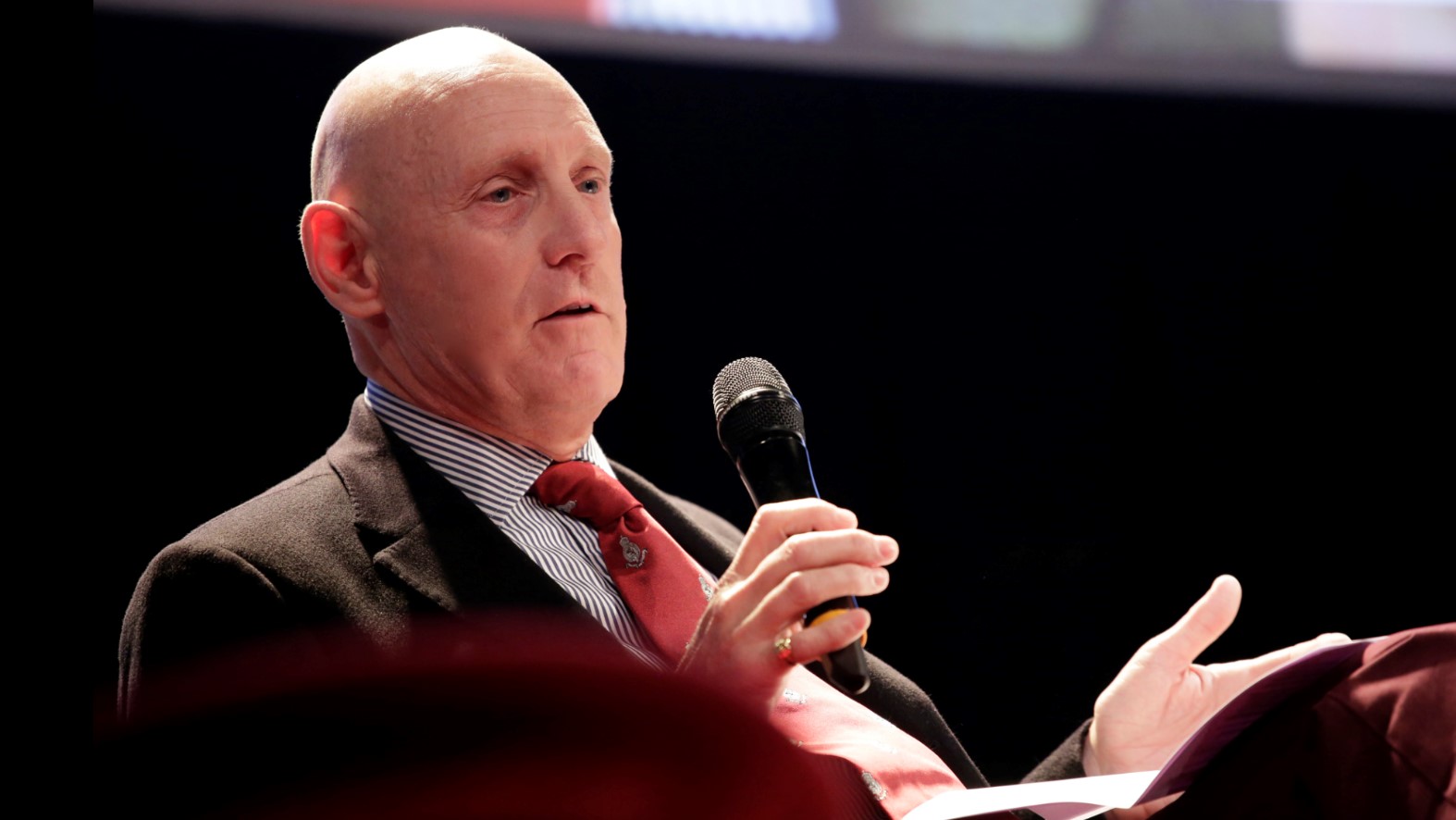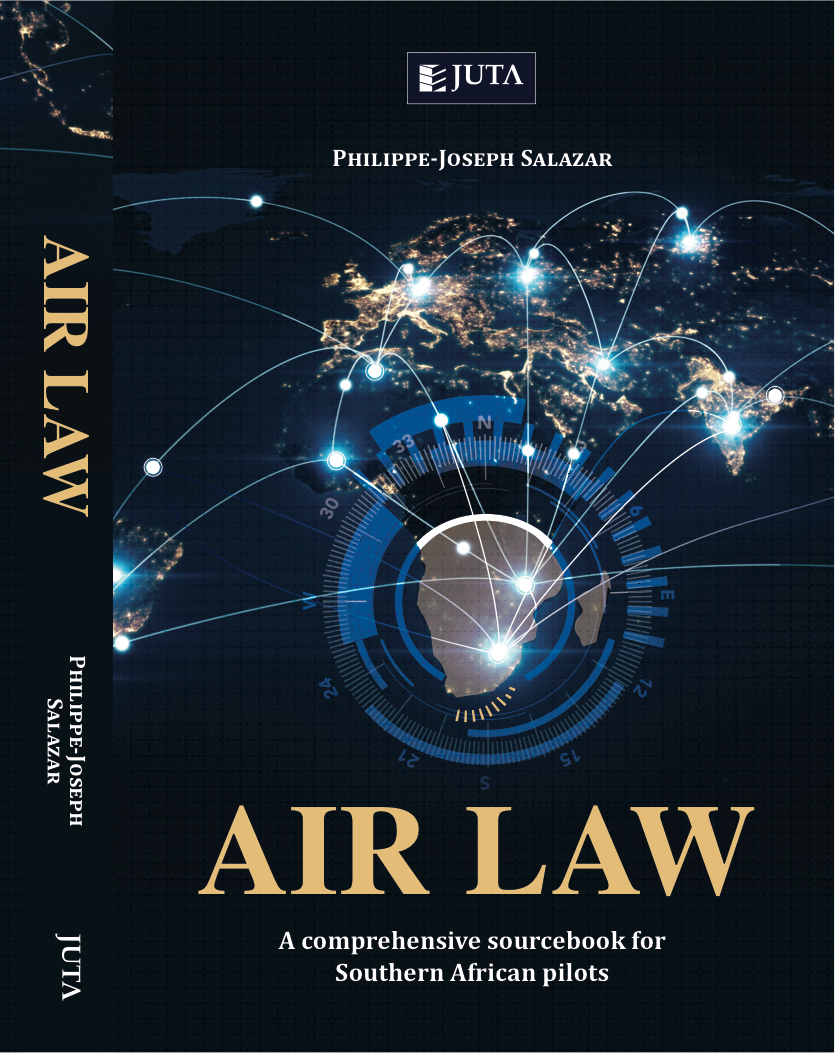Q&A on Rhetoric Studies with Prof PJ Salazar

DIstinguished Professor Philippe-Joseph Salazar, recently re-awarded his A1 rating from the National Research Foundation, shares his thoughts on rhetoric, Rhetoric Studies and writing on a broad range of subjects.
8th April 2019

Image courtesy of Fondapol, Le Sursaut
Can you explain in a sentence or two what Rhetoric Studies is?
Rhetoric historically precedes and grounds all that we call “the humanities” and even the law – it just takes to read Cicero to realize what the orator and lawyer meant by “jurisprudence”: rhetoric. Today it stands at the other side of the spectrum: it probes how, in any field, arguments are made to produce desired effects on a specific audience. Rhetoric never passes judgement on content. We deem that only opinion matters in public affairs since all public arguments are, in the end, a matter of making a given belief acceptable. Until the next comes. Rhetoric teaches students to look at things dispassionately.
What drew you to this field of academic endeavour?
I was lucky enough to have for mentors luminaries such as Roland Barthes, Emmanuel Levinas and Marc Fumaroli when rhetoric was slowly regaining shape and extricating itself from literary studies. I also met the great Indo-Europeanist Georges Dumézil when he was at work on his magisterial book, Sonorous Apollo, which opens on the Rig Veda hymn to the Indian Goddess Vac, the goddess of Voice, she who decides who is a Brahman, and who is not. He told me: “Voice can be your object”. My first book was on opera.
How does Rhetoric fit with Law and how did the Centre come to be based in the Law Faculty?
The study of law as a form of persuasion is as ancient as Aristotle’s Rhetoric. My Centre, I use the possessive adjective because I created it when I was Dean of Arts, remains to this day unique in Africa and our degrees too. Yet in the US it would not be that of a surprise to see rhetoric in law. The great Stanley Fish was in rhetoric before joining Law schools. The move to Law was like some good things in life, when the worse turns into the better : a kairos. In rhetoric kairos means ... well, come to the seminar to see what it means.
Why do you write on so many subjects, and what is their link?
I enjoy writing. I chose being an academic, although as a young man other temptations were within reach (the St-Cyr military academy, Paris law school, and a noviciate in the Cistercian Order) because I knew it would provide me with the otium necessary to write – not fiction, but writing in order to create knowledge, and share it. When I embark on a book, I have no idea where my research will lead me. I write to enquire about the arguments being made, or hidden, and to discover their effect. Quite often what I end up writing is at odds with what I believe instinctively, and that is good. I never prejudged a conclusion.
When were you first awarded A1 rating by the NRF?
Gosh, I think the first time the NRF asked for sacrificial lambs from outside the so-called sciences, I sent an application in order to have Rhetoric captured on the system, and got an A, there were no subtle distinctions then, in 2002, and the first A1 came up in 2008. Then again 2013. Preparing those applications was, and is mind-numbing.
Can you provide a bit more detail on Rhetoric Studies – and what your focus is in this at UCT?
The Centre is firmly set on the study of public arguments and democracy. It tries to look at the law, at parliamentary work, at the media, and at international affairs, with a view to evaluate how and if public arguments are made with prudence and justice. Our past and current PhDs are all involved in public service, and some at the highest level. I can tell you they carry high the colours of Rhetoric. And are proud of holding a PhD in Rhetoric Studies. And even prouder it is a Law Faculty degree.
Is there a publication that you are most proud of?
Possibly An African Athens. But what is pride? In these days of Lent, when Christians are meant to fast and shun worldly goods, let me say then that I am proud of none. Just content that I did what I could. I am proud of my students, for sure.
What publication are you working on now?
I have just received my latest book, on public speaking, which has something to do with rhetoric. I am going through the proofs of a book on Air Law, that has nothing to do with rhetoric, and about to begin writing, for a major international publisher, a book on the resurgence of white supremacy, which has everything to do with rhetoric.
Two quite different forthcoming titles by Prof PJ Salazar

